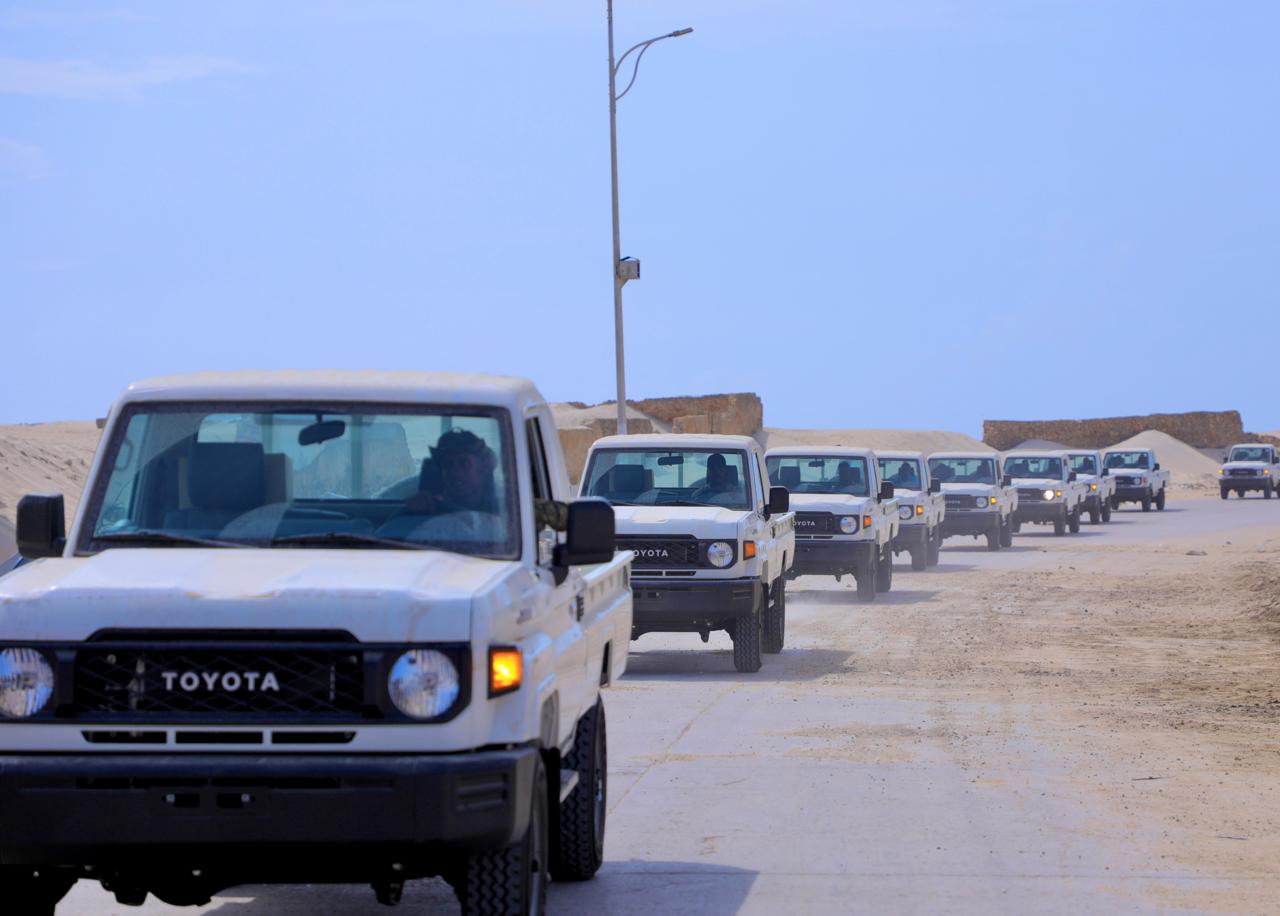Addis Abeba – The Ethiopian Human Rights Commission (EHRC) released a 130-page National Inquiry report yesterday, exposing systemic rights violations against individuals deprived of liberty in three regional states and the region formerly known as the Southern Nations, Nationalities, and Peoples’ Region (SNNPR) from 2018 to 2023.
This landmark report, the first of its kind in Ethiopia, reveals frequent and systemic infringements upon detainees’ rights, including arbitrary detentions, incarceration without court orders, violations of court-granted bail rights, and instances of sexual violence.
The report identifies these violations as “systemic, showing patterns affecting a significant portion of the population.”
Perpetrators, as outlined in the report, encompass militias, kebele administrators, police officers, members of special police units, National Defense Forces personnel, prison staff, and government officials.
Covering the regions of Amhara, Oromia, Somali, and the region formerly known as the Southern Nations, Nationalities, and Peoples’ Region (SNNPR), the inquiry underscores various factors contributing to human rights violations.
In Amhara, these factors include the two-year war initially centered on the Tigray region, which later expanded to include the Amhara and Afar regions.
Additionally, the report cites post-2018 political changes and power struggles, alongside post-conflict instabilities, religious and identity tensions, administrative boundary disputes, and political assassinations.
Moreover, the report highlights ongoing violent conflicts in Oromia, leading to severe human rights violations.
According to the EHRC, non-state armed groups, often organized along ethnic lines, have repeatedly targeted civilians, resulting in casualties, injuries, abductions, looting, property destruction, and displacement. Armed confrontations between these groups and state security forces, along with clashes among different non-state armed factions, exacerbate the situation.
A specific event highlighted in the report is the unrest sparked by the assassination of popular Oromo musician Hachalu Hundessa, which the rights group asserts led to widespread human rights abuses.
The report indicates that human rights abuses in the Somali region are primarily driven by power struggles and conflicts arising from competition over natural resources, often involving neighboring communities from the Afar and Oromia regions.
Specifically, the commission’s report underscores past conflicts between communities in the Afar and Somali regions, with a focus on three key kebeles: Adaytu, Undufo, and Gedamaytu. These conflicts have led to fatalities, injuries, displacements, and property destruction.
Of particular concern to the EHRC is the conflict that took place in Gedamaytu on 24 July, 2021, resulting in loss of life, civilian casualties, internal displacement, and property damage.
Daniel Bekele, Chief of the Commission, stressed the urgent need for systemic reforms to safeguard the rights and dignity of all individuals across Ethiopia.
“It is imperative for federal and regional governments to earnestly investigate instances of human rights violations, address their underlying causes, ensure accountability for perpetrators, and establish mechanisms for appropriate compensation for victims,” said Daniel. AS










